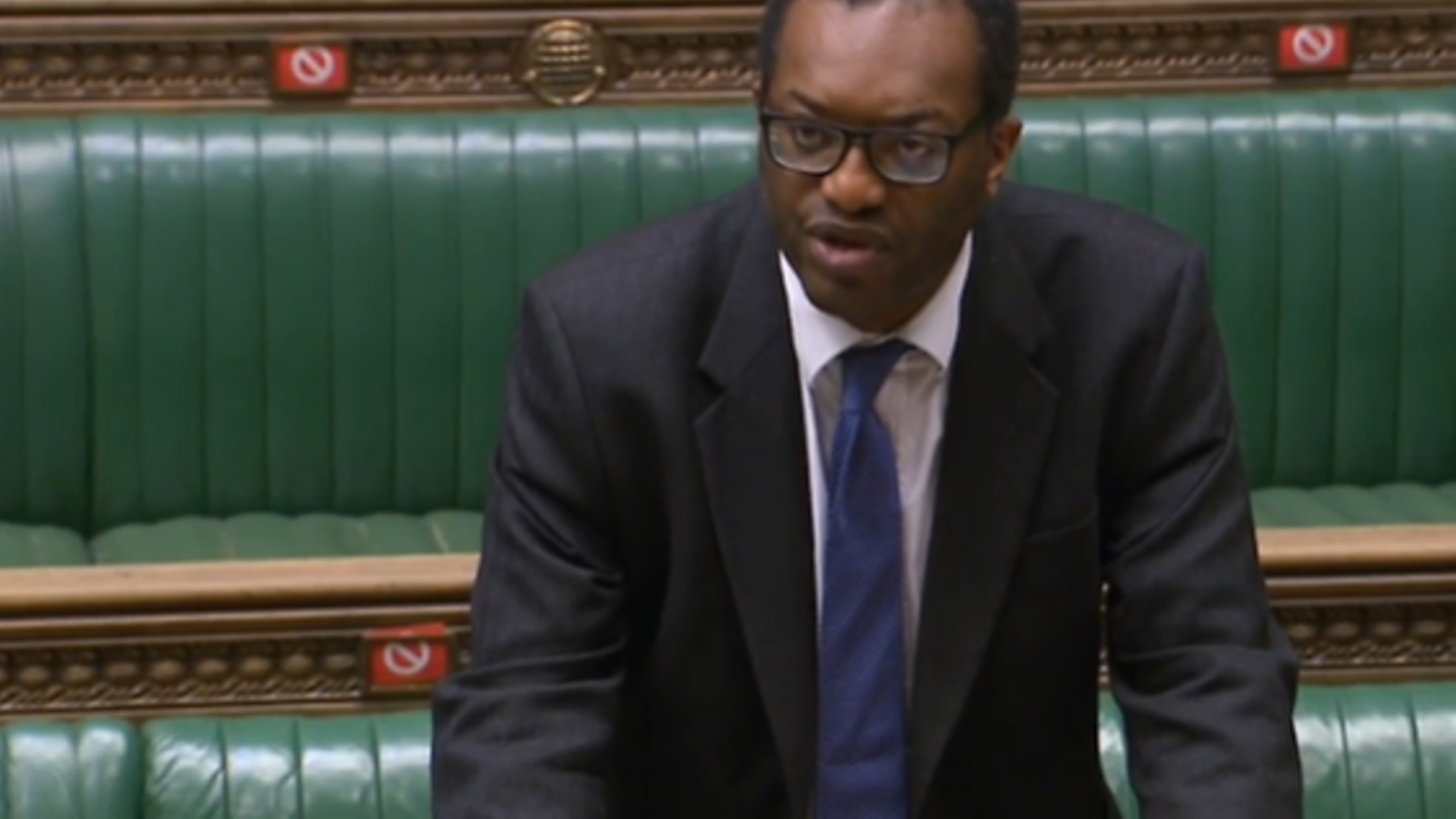
Business secretary Kwasi Kwarteng has said he halted a post-Brexit review of workers’ rights because it was not a “constructive thing to do”.
Kwarteng took over as secretary of state from Alok Sharma, who has been appointed full-time president of the UN Cop26 climate conference, three weeks ago.
He told the BBC’s Political Thinking that one of his first major decisions after taking over at the department was to put a stop to the employment review as he did not want Brexit to be about “whittling away workers’ rights”.
There had been reports that the government was considering using the new freedom to diverge from European Union employment rules, including the working time directive which enshrines a 48-hour week.
But Kwarteng said: “Before I was secretary of state, I think there was work looking at a review.
“I became secretary of state three weeks ago and I’ve stopped it. I don’t think that’s a constructive thing to do.
“I don’t think the opportunities of Brexit are about whittling away workers’ rights or trying to have a race to the bottom or trying to reduce wages.
“On the contrary, a lot of people in my constituency voted for Brexit because of a stagnation of wages.”
It comes as the No 10 was boosted by new data suggesting that trucks are moving freely through Kent and the Port of Dover, with the “significant disruption” feared in January following the end of the transition period with the EU failing to materialise.
The PA news agency understands that ministers do not expect the reasonable worst-case scenario – of 7,000 trucks queueing for two days to cross through the border – to come to pass.
Trader preparedness is higher than expected by officials, with an average of only 2-3% of hauliers being turned away from the port this week for failing to have the correct documentation.
During his interview with the BBC, Kwarteng also accused the Black Lives Matter campaign of having a “cartoon-like view” of colonialism and the British Empire.
He added: “I don’t think you can just rip down statues – I mean that’s illegal and an act of vandalism.
“People should learn more about the empire. I don’t quite understand what decolonising the curriculum means.
“Is the implication that it’s a colonial relic and that you’ve got to try and decolonise it? I’m saying the opposite – that you’ve got to learn more about colonialism.”
Warning: Illegal string offset 'link_id' in /mnt/storage/stage/www/wp-includes/bookmark.php on line 357
Notice: Trying to get property 'link_id' of non-object in /mnt/storage/stage/www/wp-includes/bookmark.php on line 37






